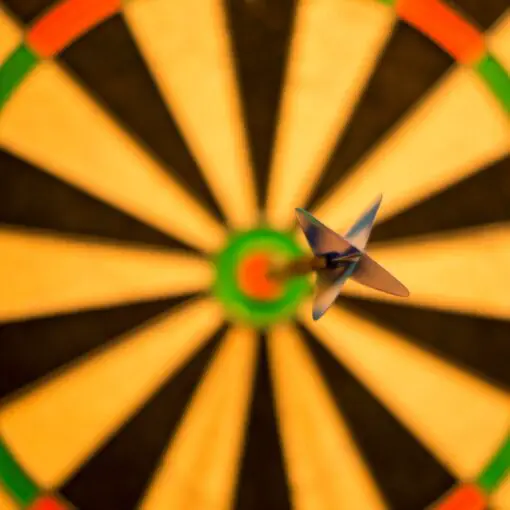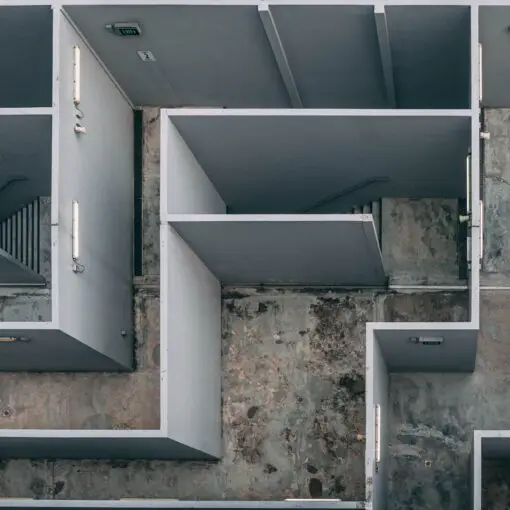It’s easy to confuse critical and analytical thinking as one, but they’re not the same. While there are similarities, you will realize upon probing further about critical thinking vs analytical thinking that they have distinct differences.
Critical thinking refers to the mental process of cautiously gauging details to find out the best way to interpret it to come up with the right judgment.
Analytical thinking refers to the mental process of breaking down comprehensive or complex ideas into basic or fundamental principles.
Critical Thinking Vs Analytical Thinking
Here are the basic differences between these two kinds of thinking:
1. Basic difference
In critical thinking, you will need to take into account outside knowledge as you evaluate the details. It is necessary to collect information from different sources, including your own perception, before making a holistic judgment.
In analytical thinking, you will need to break complex details into smaller parts before you can arrive with the conclusion. After gathering the facts, you will review and break them down into smaller details before finalizing your thoughts.
2. Thinking process
In critical thinking, the process is more holistic. The information will first go through the assessment stage. You’ll question the details and validate them. You’ll make an assumption, interpret, and finally, formulate.
In analytical thinking, the process is linear. You will process the information one by one in order to break them down.
3. Use of information
In critical thinking, your conclusion will be based on the opinion formed after the different sources of information have already been evaluated.
In analytical thinking, you will only need to analyze the facts within the gathered details to arrive at your conclusion.
4. Analytical thinking as part of the steps of the critical thinking process
When you have a difficult problem you want to resolve, you will first use your analytical skills. This means that you’ll break down information into small details and analyze them one by one. You will then use the critical thinking process by getting other accounts and sources before coming up with your judgment or solution.
Developing Your Analytical Thinking Skills
It’s important to develop your analytical skills in order to make it easier to look for answers to common problems. It helps you in planning the next steps you can do. This kind of thinking can help you in becoming more productive at work and in helping the company achieve its goals.
Analytical thinking is considered a soft skill required in many jobs, which include scientific research, engineering, nursing, lab analyst, data analyst, customer service, teaching, architecture, computer programming, and many more.
Here are some analytical skills useful to work and everyday problems:
1. Research. Once you know what the problem is, you will then conduct research to look for a solution. It can be as extensive as looking for reference materials and online sources or simple steps, such as asking people who have knowledge about the matter. What’s important at this step is to gauge what details will be helpful in solving the problem.
2. Analysis. You will review and analyze all the details and focus on the ones important in finding a solution to the problem.
3. Problem-solving. You need to think analytically to filter and organize all the facts you’ve gathered on your research.
4. Communication. To effectively deal with the problem, you have to communicate the solutions you’ve gathered to all those involved. This is a key skill in analytical thinking that will help in making it easier to achieve the end goal.
Here are some vital tips on how you can develop and hone your analytical thinking skills:
1. Read a lot. This activity keeps your mind active. Instead of reading like usual, work on an active reading strategy. This means that you will read proactively. You will not only absorb information but question them as you go. You will also read aloud, ask questions, and predict what’s going to happen next.
2. Observe. Closely watch people and happenings. Engage your mind as you try to remember details.
3. Play brain games. This is a fun way to hone your analytical thinking skills. You can get started anytime without a lot of motivation. You can pick games according to your interest, such as crosswords, chess, puzzles, Sudoku, and many more.
4. Scrutinize how things work. Stimulate your analytical skills by understanding the process of how different things work.
5. Be constantly curious. Curiosity engages your memory and attention, which will help in making your problem-solving skills better.
Developing Your Critical Thinking Skills
In critical thinking, it is important to become an active learner and learn how to use the ability to reason. You can’t accept the facts as they are. You have to rigorously question assumptions and ideas to determine whether you are already seeing the entire picture or not.
When you are a critical thinker, you will not listen to your instinct or intuition but rather analyze the identified problems in order to come up with systematic solutions.
Here are some of the skills that you need to hone when it comes to critical thinking:
1. Identifying errors and inconsistencies in reasons.
2. Recognizing problems before building and appraising arguments.
3. Understanding the connection between ideas.
4. Coming up with systematic and consistent ways of solving problems.
Getting in touch with your emotions is also an important aspect of honing your critical thinking skills. Once you deem that there is a problem causing a negative emotion, you have to systematically thin what may be causing what you are feeling. If you think that something is making you sad, focus on the reason and think hard if you can find other emotions, such as humor and happiness, arising from the same situation.
Critical thinking will help you see things from a different light. You will learn not only to react but to act on your problems in order to control their implications in your life.
Critical Thinking Vs Analytical Thinking – Importance
These two types of thinking processes are given importance in dealing with work and in university study. It’s common for freshmen students to receive feedback that their first assignments were not analytical enough. In order to improve, they have to hone both their analytical and critical thinking skills. It means that they have to look into details and use all the gathered information to strengthen their claims.





